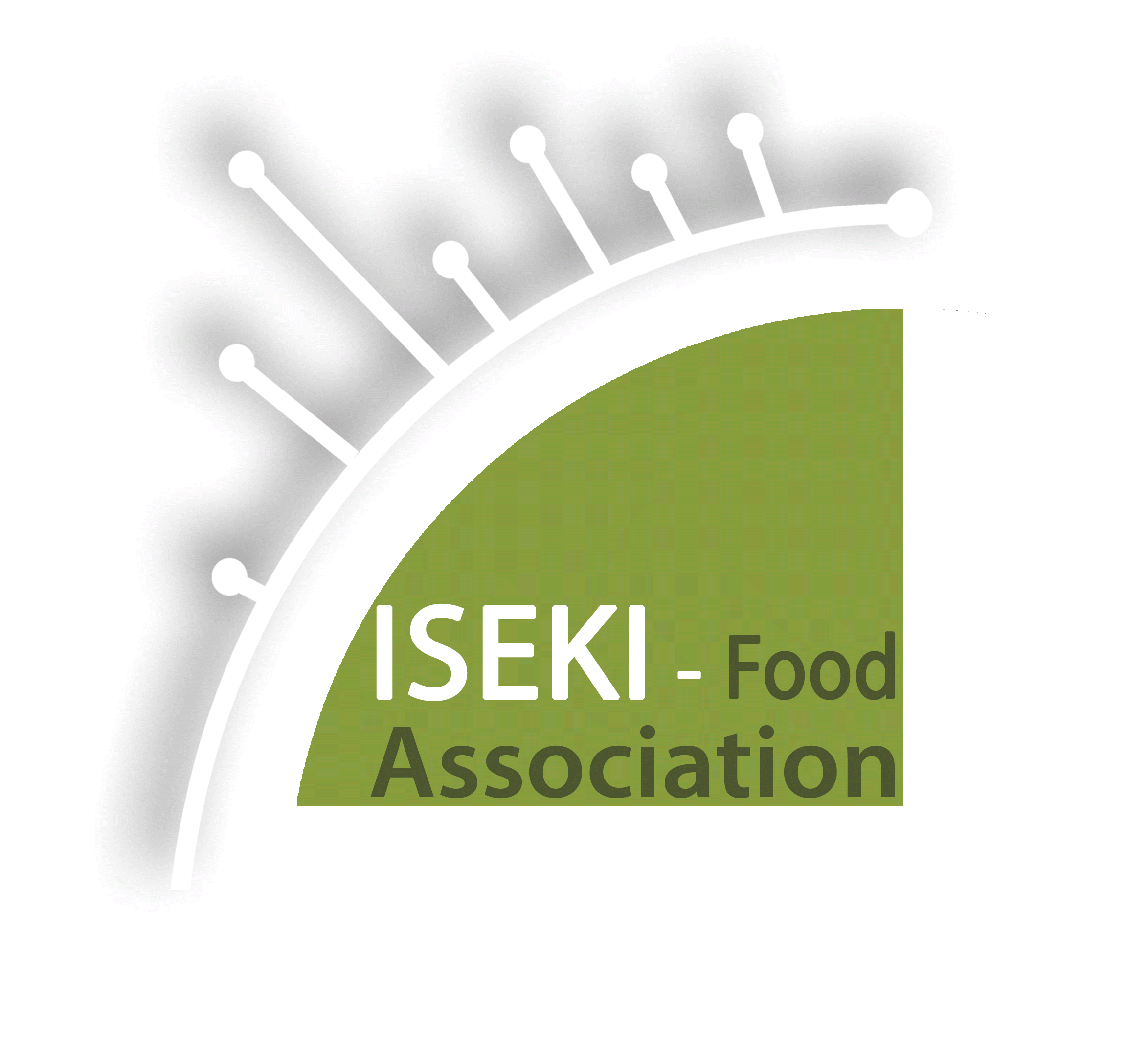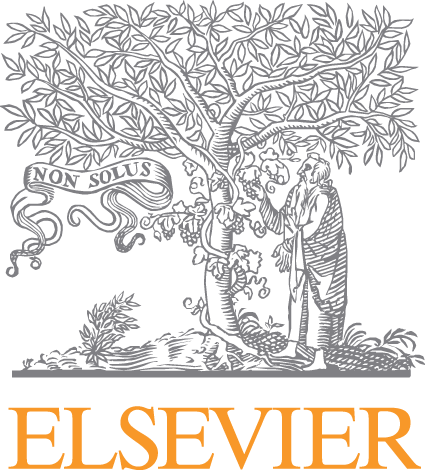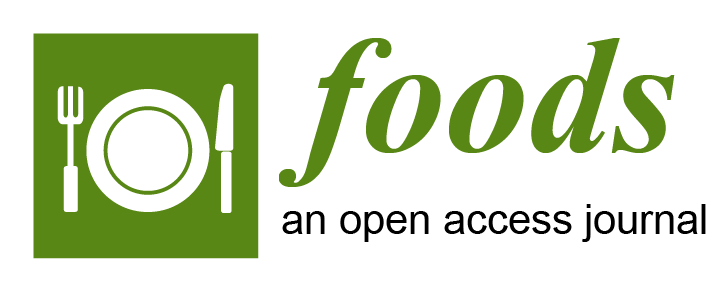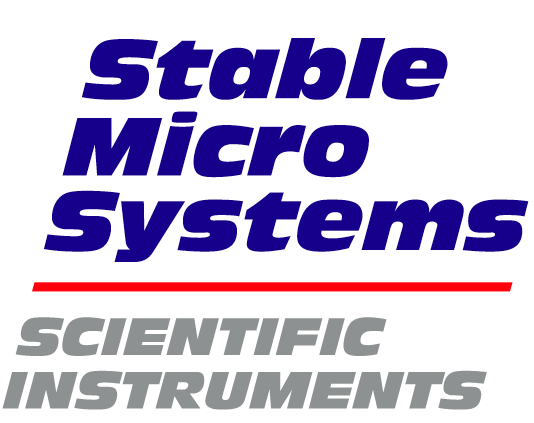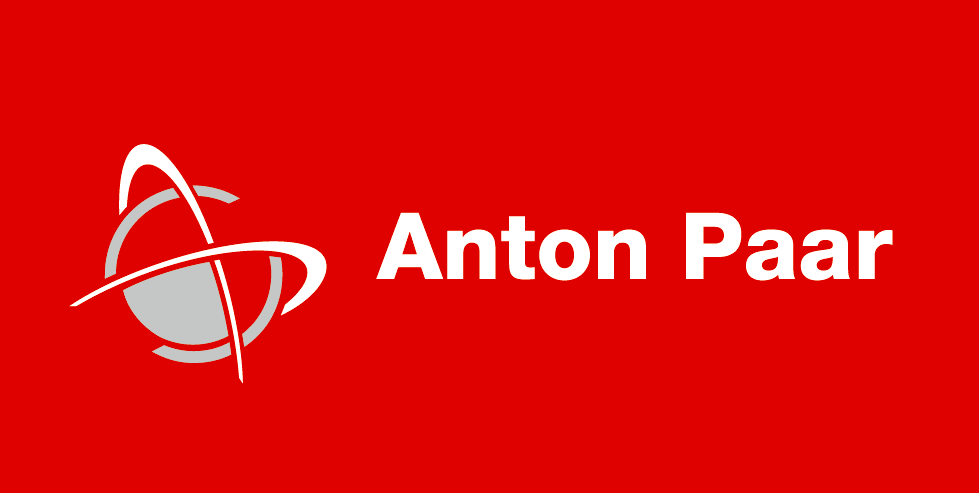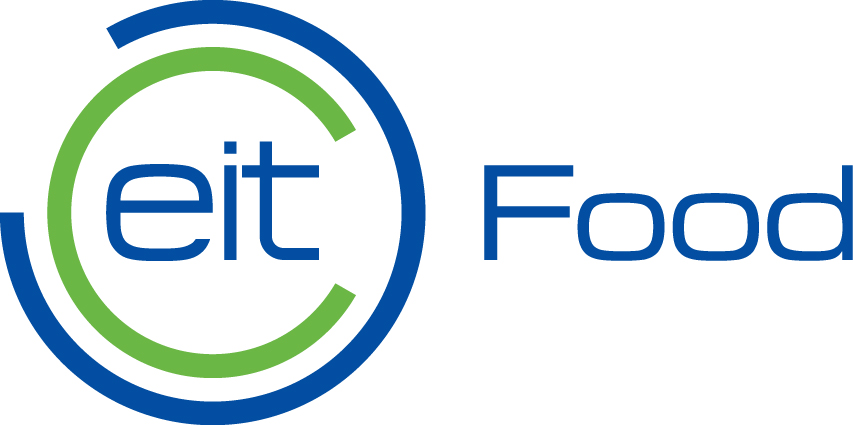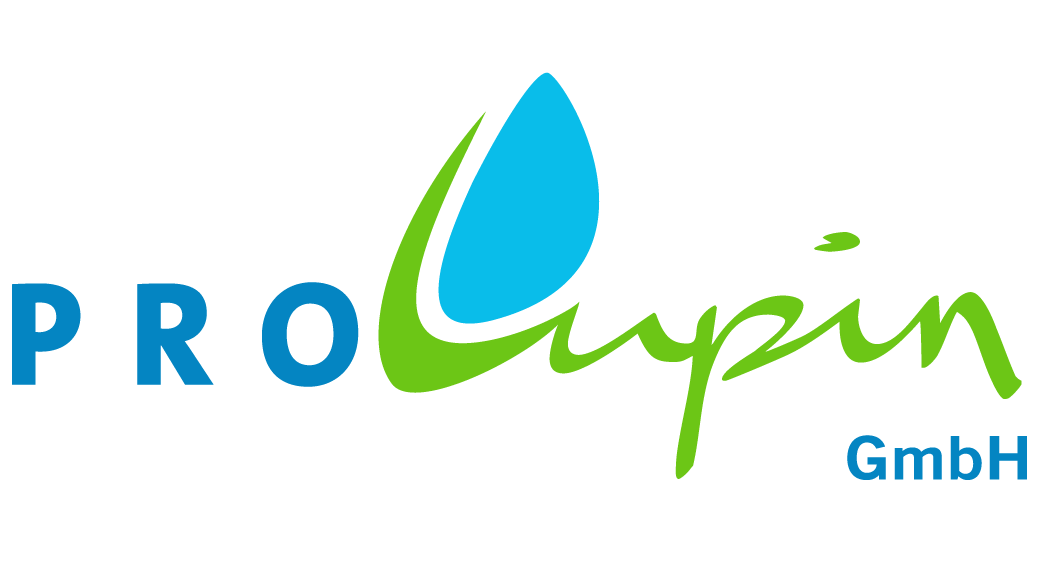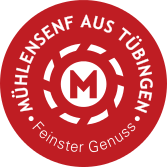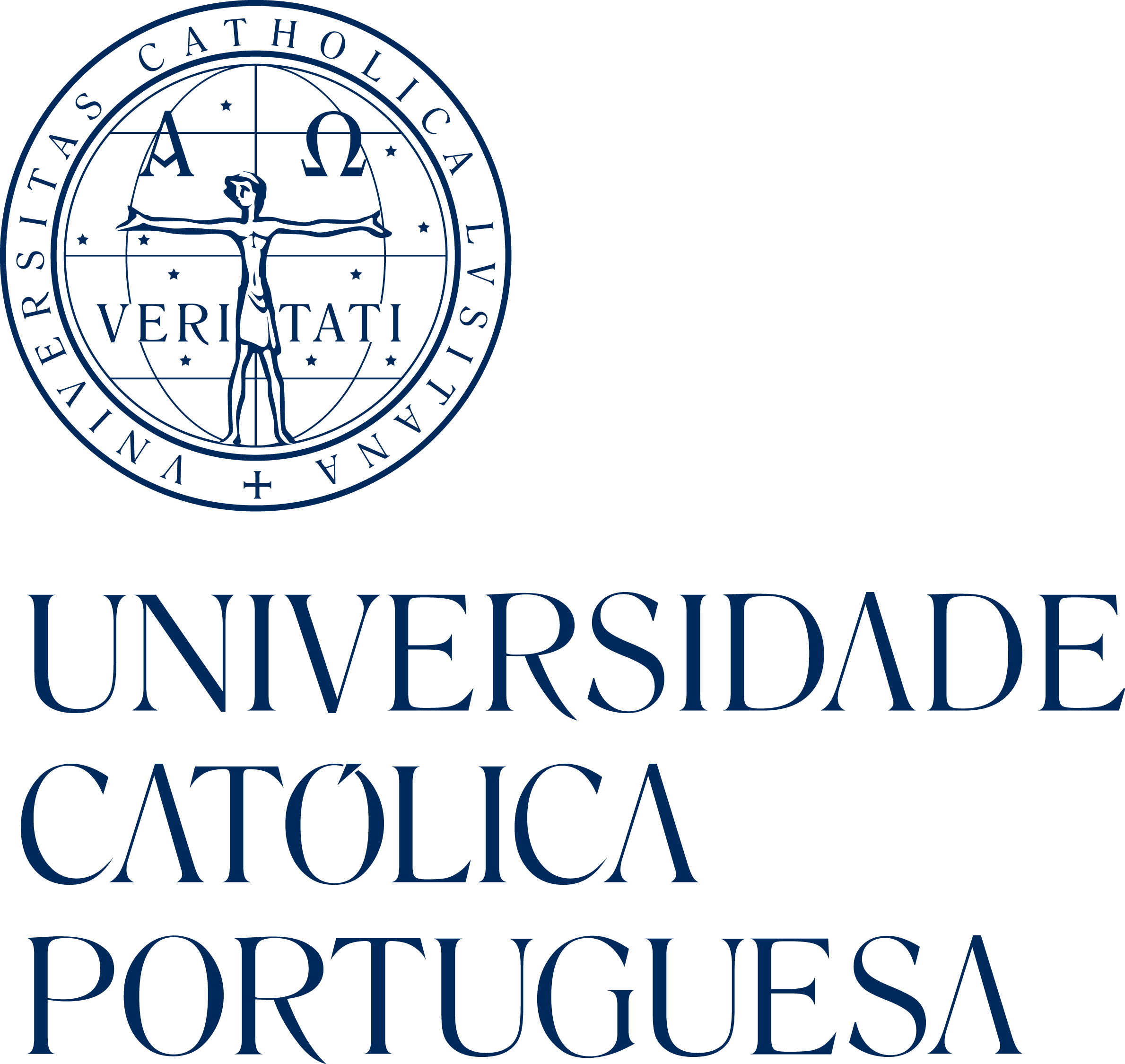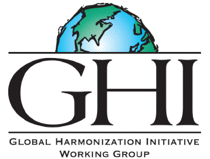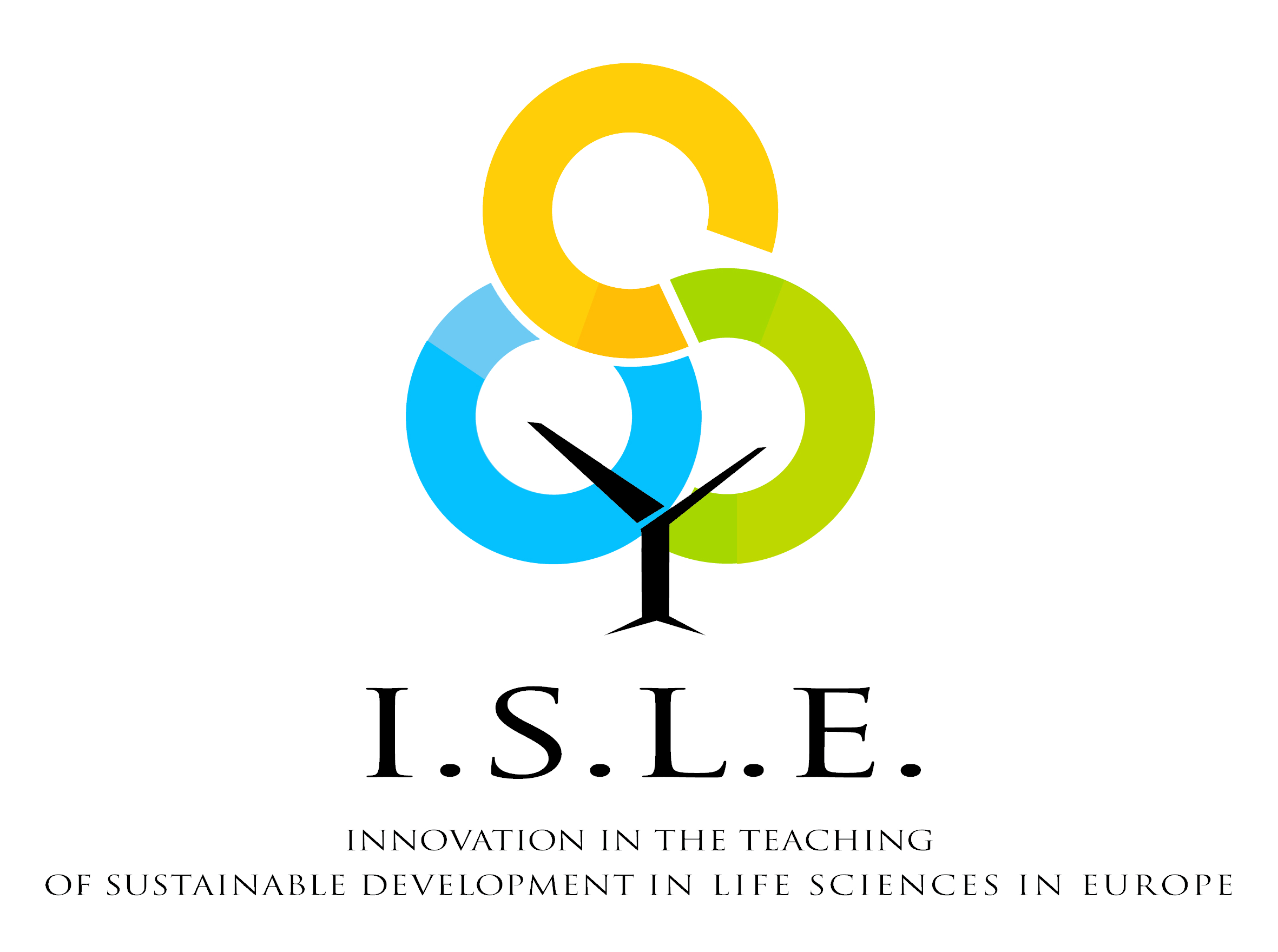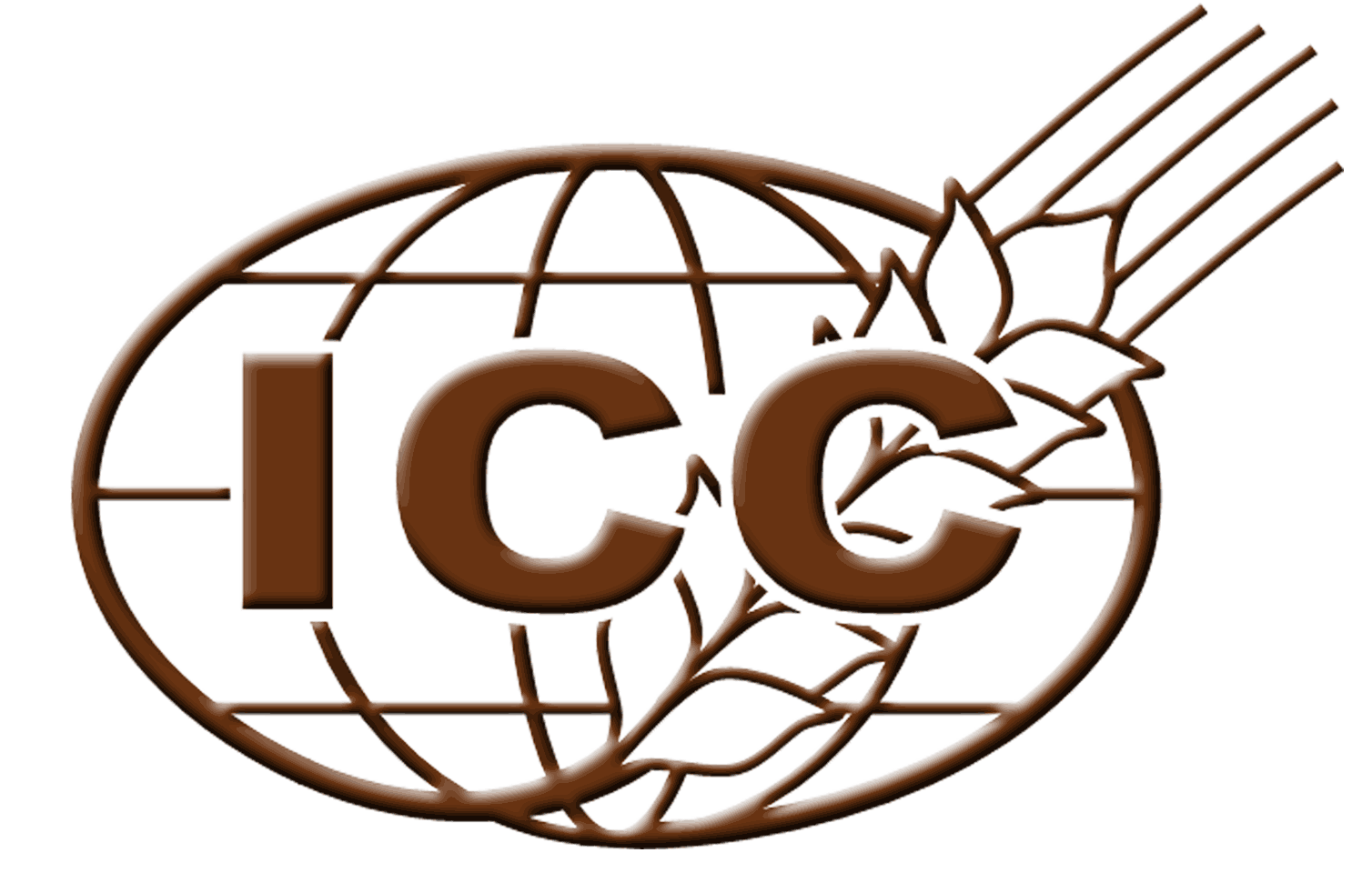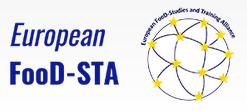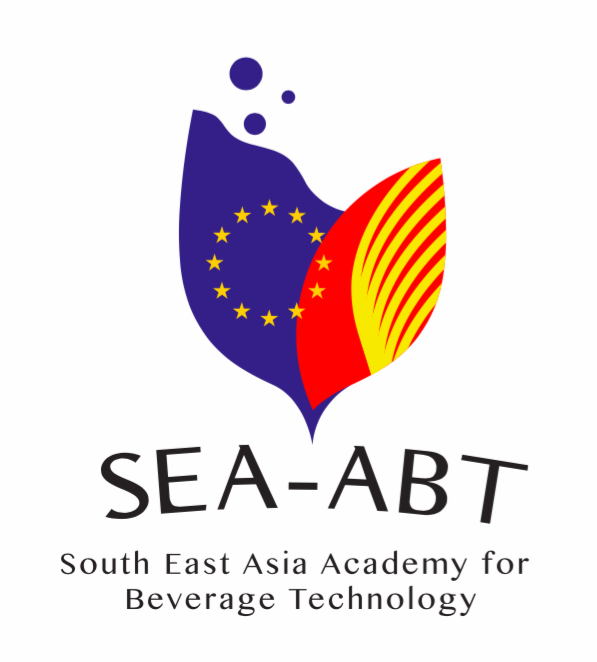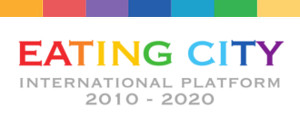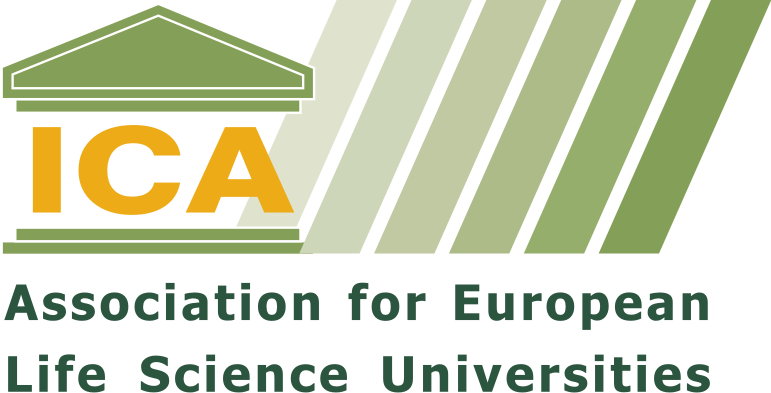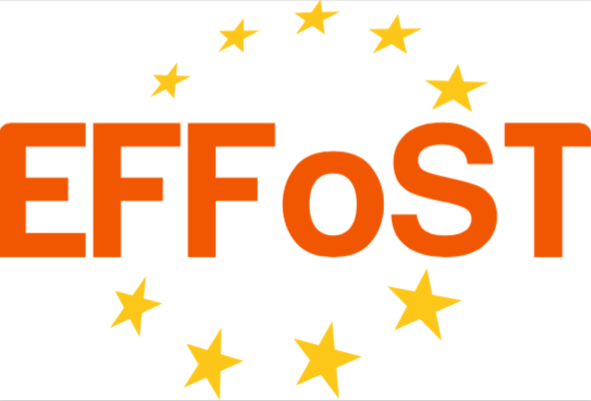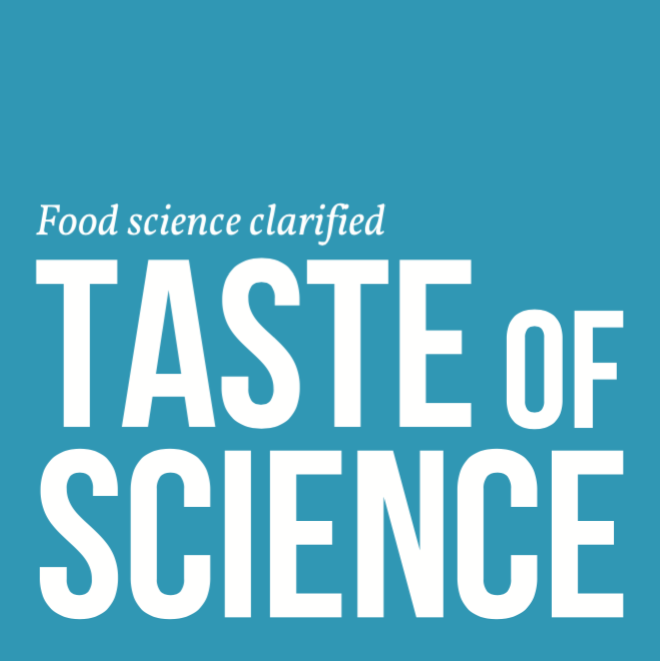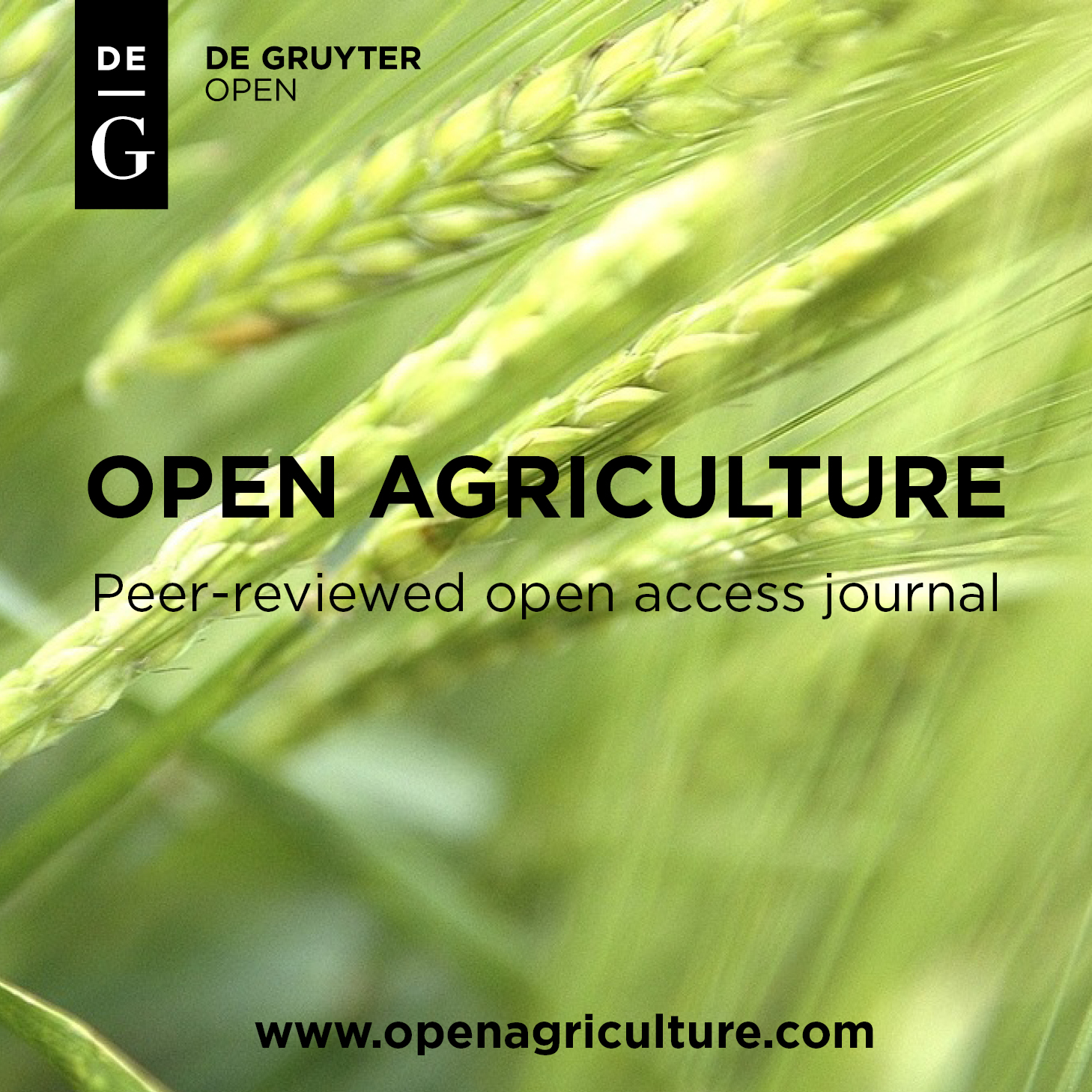2nd Workshop of Food Waste Recovery & Open Innovation
July 2nd 2018, University of Hohenheim
The Special Interest Group “Food Waste Recovery” of the ISEKI-Food Association, chaired by Dr. Charis M. Galanakis, organizes this workshop as pre-conference event to the 5th ISEKI_Food Conference in Stuttgart, dedicated to the recovery of valuable compounds (e.g. polyphenols, antioxidants, pectin, carotenoids, proteins etc) from food processing by-products (olive mill waste, grape marc, coffee silverskin, and cereal processing by-products etc) as well as to synergies with food industries via our open innovation network.
Who we are
The Food Waste Recovery Group was founded in 2013 by ISEKI Food Association and today has been developed to the biggest open innovation network worldwide in the field of food waste recovery, aiming at helping food industries and other involved partners in the food chain to recover valuable compounds from food waste, valorize their streams and improve their sustainability. The network counts thousands of researchers and associated professionals from more than 60 countries, whereas its implementation team includes insightful and creative experts with many years of experience in food waste recovery and sustainability issues. The team shares its commitment, energy and ambition to accelerate a meaningful difference in the food industry. The continuous training is not only its responsibility, but also our expertise targeting to update its knowledge in recovery methodologies and implement them in compliance with International standards and local needs.
What do “Food Waste Recovery” and “Open Innovation” mean?
The potential of food waste to create new opportunities and markets has been under-estimated until the very recent years. The term “Food Waste Recovery” underlines the prospect of upgrading compounds and ingredients lost within food waste streams by creating high added-value products (e.g. functional foods).
Open innovation is the use of purposive inflows and outflows of knowledge to accelerate internal innovation within organizations and expand the markets for external innovation usage, respectively. For example, when relevant knowledge exists outside the company, managers need to recognize, identify, capture, and manage such knowledge, choosing an appropriate integration mechanism.
Our group works closely with the industry and research partners to understand their needs and identify the most important challenges. It collects target information such as available technologies and possibilities for licensing them, integral methodologies to valorize process residues for recovery, energy, composting and other purposes, valuable compounds, most hopeful applications, best available markets etc. In a later stage, the group acts beyond the industrialization process, monitoring regulatory requirements, managing risk factors, bringing together industry partners, research institutions and potential customers in an open innovation project. The ultimate aim is to provide clear benefits to the involved partners and help at every level the development and commercialization of their project.
Objectives of the Workshop
All food companies have problems valorizing their waste and by-products. Solutions are often outside their expertise and need third party advices. Our group aims to support food industries and organisations to innovate and develop food waste recovery and sustainability projects. We understand that finding the right strategy, technologies and potential applications for the recovered ingredients can be time consuming. We have the experience, technical knowledge, extensive network and capabilities to deliver the answers you need to achieve these objectives.
The objective of this workshop is to provide up-to-date knowledge and critical information in the field by:
- exchanging methodologies, ideas and scale up experiences in an open innovation framework
- discussing relevant processes and technologies
- investigating applications of recovered compounds in the food industry
- highlighting sustainable solutions
- recruiting experts
During the workshop, the following topics will be addressed:
- Recent advances on food by-products processing: olive mill wastewater, wine lees, grape marc, coffee husk, coffee silverskin, polyphenol-rich substrates, wheat bran etc
- Emerging non-thermal technologies for the recovery of compounds and the development of functional foods and nutraceuticals
- Examples, innovation barriers, ways out and success stories of industrial and commercialized applications
- Presentation of Food Waste Recovery Group activities (open innovation network, books, e-course, training)
- Round table discussion for future trends, synergies and consortiums' development
Abstracts Submission
We warmly welcome contributions of oral and poster presentations from workshop participants willing to contribute with the results of their research and industrialization efforts on the specific topics of the event. Up to 5 studies will be accepted for oral presentation, whereas a poster session will be conducted in parallel to the workshop for rest accepted studies.
Please submit your abstract (300-500 words) to This email address is being protected from spambots. You need JavaScript enabled to view it. until 02 April 2018.
You can download a template of the abstract HERE.
Other Features
Depending on the agreement with several parties, the following features could be included:
- A brochure with abstracts will be provided to the participants
- Free access to the teaching material of webinar series & e-learning course
- Privileged registration in the Expert Evaluator Database of SIG5
Please find the detailed programme of the workshop HERE.
Fees:
- Students: EUR 85.- (only with valid student ID)
- Early Bird (20 April 2018) and IFA-members and ISEKI_Food 2018 participants: EUR 115.-
- Individual Researchers: EUR 155.-
Early Bird registration until 20 April 2018.
For registration click HERE.
Please mind that this is a different registration than for the ISEKI_Food 2018 conference.



